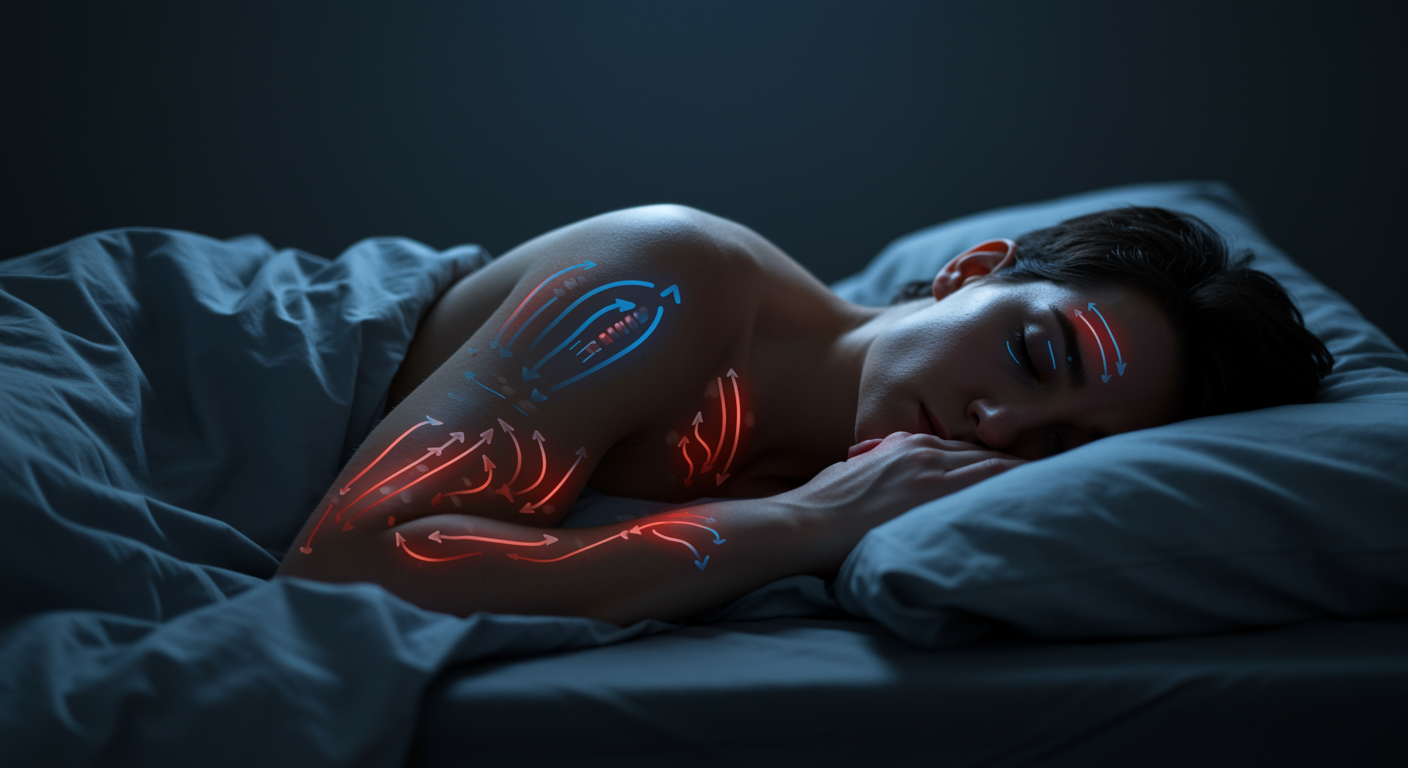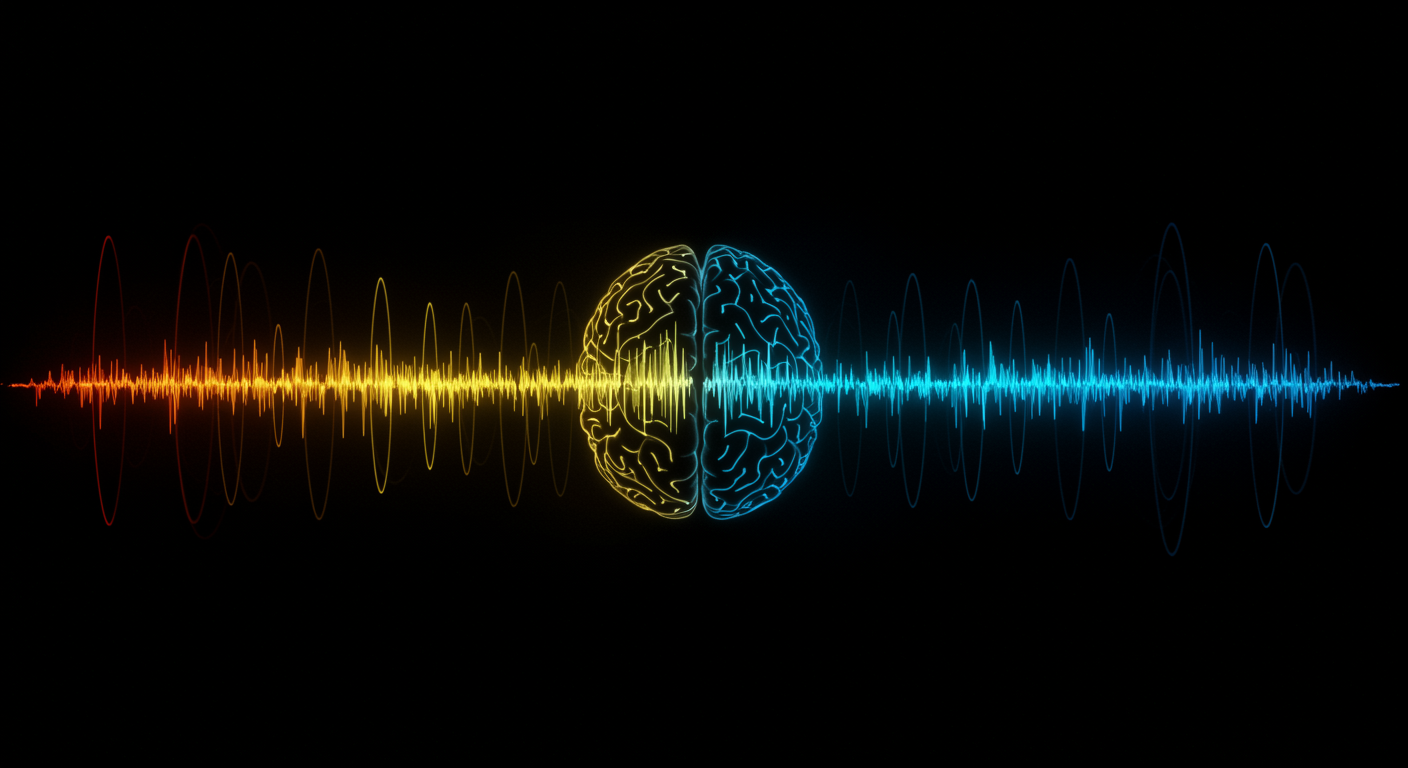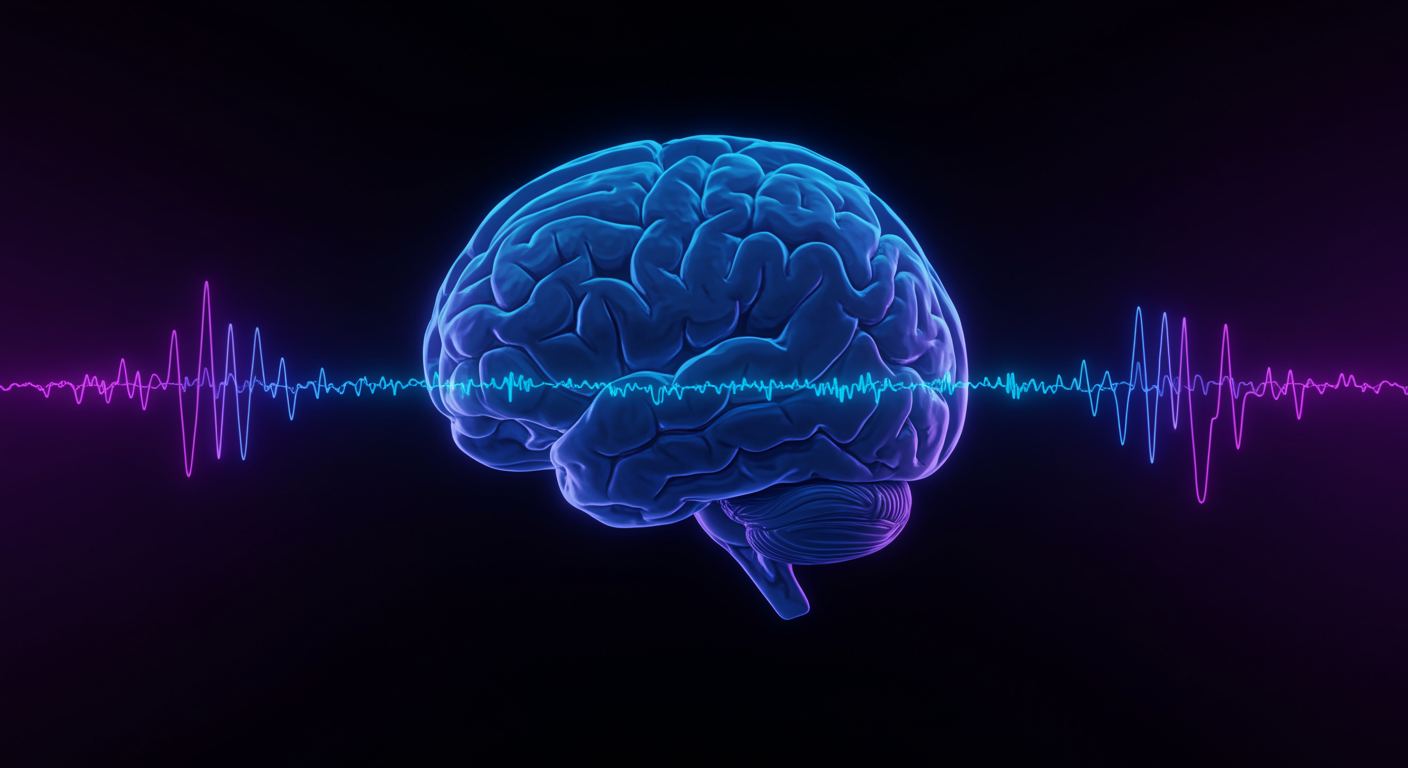Sleep and Temperature Regulation: How Your Body Cools Down for Rest
How Does Your Body Use Temperature Changes to Control Sleep?
Your body uses sophisticated temperature regulation mechanisms to initiate and maintain sleep, with core body temperature dropping 1-2°F during the evening to signal sleep onset and remaining low throughout the night to promote deep sleep. Research shows that this natural cooling process is essential for healthy sleep, with the body redistributing heat from the core to the extremities through vasodilation, creating the warm hands and feet that often precede sleepiness. Disruption of these thermoregulatory processes can significantly impair sleep quality and timing.



